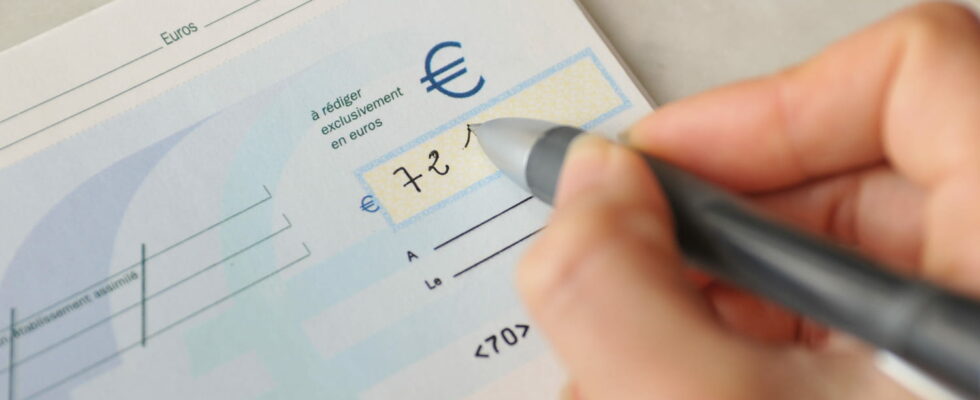There are a few rules to follow if you want to give money to your loved ones at Christmas.
One in three French people believe that it is the ideal Christmas gift. Certainly, it is not bulky at the foot of the tree, it is difficult to wrap and rather tricky to mention on your gift list. And yet, it’s probably one of the most useful. On December 24 and 25, receiving money became commonplace. More rarely now, some also receive them in January, as a gift for the new year.
For those who offer, it is the guarantee of pleasure without risk of error. Whether in the form of cash, check or transfer, it doesn’t matter. This is the sure way to avoid unpleasant surprises. At least, on the size or color of the purchase. Because for its part, the tax authorities could come knocking on the door…
Paying money to your children or grandchildren at Christmas is a common way to pass on a small part of your wealth while avoiding taxes. But up to how much, without the risk of the Public Treasury sticking its nose in the accounts?
Although the law remains very vague on the subject, court decisions make it possible to establish the levels not to be exceeded. With a simple principle: that the amount donated remains proportional to the income and assets of the donor.
In view of what the courts have decided in the past and the advice of notaries and tax specialists, it is recommended not to pay more than 2 to 3% of your annual income or your total assets. The limit therefore increases in proportion to the financial well-being of the donor. For example, it is generally accepted to give:
- 345 to 515€ for a person on minimum wage,
- 500 to 750€ for a person receiving the median salary (2,100€ net per month),
- €960 to €1,500 for a person earning €4,000 net per month.
Do these (theoretical) amounts apply for each individual donation or for a group of donations (for example to two or three children)? And how long should you wait before making another donation? Nothing is specified, leaving the tax authorities free to assess each case individually.
However, you must ensure that the gift does not turn against you. If the amounts exceed proportions considered reasonable and the tax authorities notice this, the payment could be reclassified as a taxable donation. This remains of no consequence if the ceiling of €100,000 of exemption has not been reached. Otherwise, additional charges may apply. Unless, of course, you opt for a cash donation, which is more difficult to trace.

